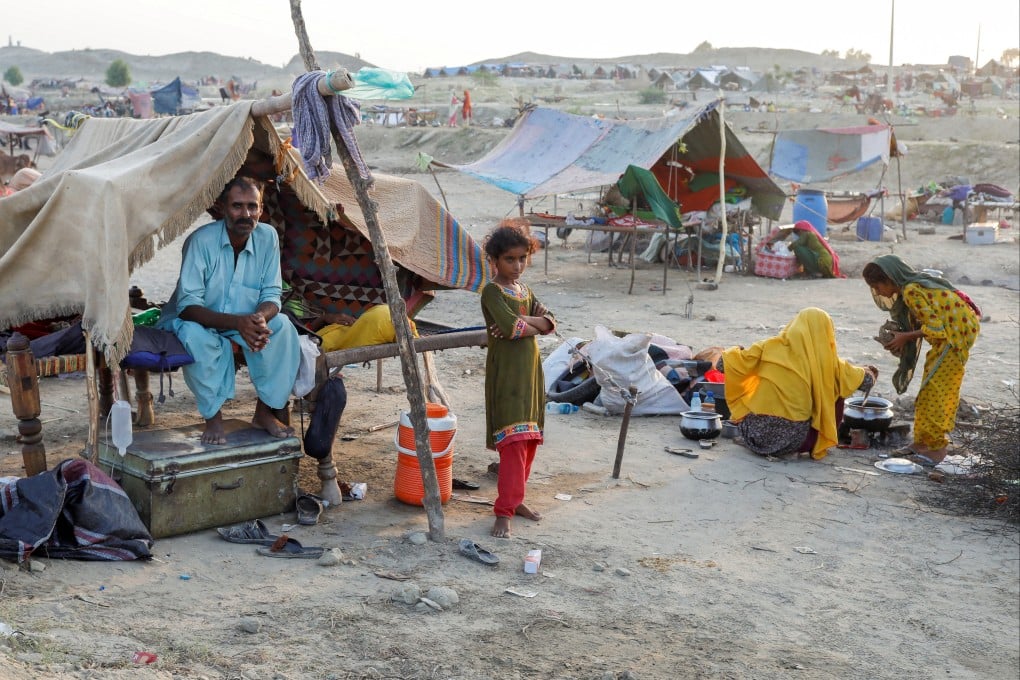Advertisement
Opinion | COP27: Rich nations must take responsibility and pay for the climate damage in poor states
- As rich nations resort to coal in an energy crisis while resisting calls for climate reparation, poor countries continue to suffer the worst effects of climate change
- At COP27, a climate loss-and-damage facility must finally be set up to compensate vulnerable states, which must stand together for a louder voice
Reading Time:3 minutes
Why you can trust SCMP
2

Dubbed a “necessary evil” move, Germany plans to reactivate its network of 21 coal-powered plants to escape Russian President Vladimir Putin’s energy chokehold. Germany needs warmth for the winter, and the energy shortfall has forced the state to produce this heat at the expense of the planet. France, Italy, Austria and the Netherlands have announced similar plans under the same rationale.
The climate will change, the vulnerable must suffer, but what else must rich states facing the energy crisis do?
One state’s emissions are another state’s disaster. None of the rich nations is among the top 10 states most vulnerable to climate change over the past decade, according to the Global Climate Risk Index. It’s safe to assume as rich states become more energy-secure, poor states will become more susceptible to climate change.
Advertisement
This susceptibility has never been more evident. Pakistan, eighth on the list, is facing one of the most catastrophic flood events in history, affecting 33 million people. “Communities in Pakistan have done little to cause the climate crisis, but they are the ones who are now enduring the tragedy and bearing the cost,” said Teresa Anderson, global lead on climate justice for ActionAid International.
According to Anderson, it’s past time for rich states to take ownership of this “fundamental injustice”, which their emissions are causing, and agree to a financial mechanism to help address it. She identified a loss-and-damage facility as a much-needed financial instrument to cover the costs, and the coming COP27 climate change conference in Egypt as the platform where it must be agreed upon.
Advertisement
The flood-hit communities of Pakistan are appealing desperately for support. Are international institutions ready to dive in and deliver?
Advertisement
Select Voice
Choose your listening speed
Get through articles 2x faster
1.25x
250 WPM
Slow
Average
Fast
1.25x
